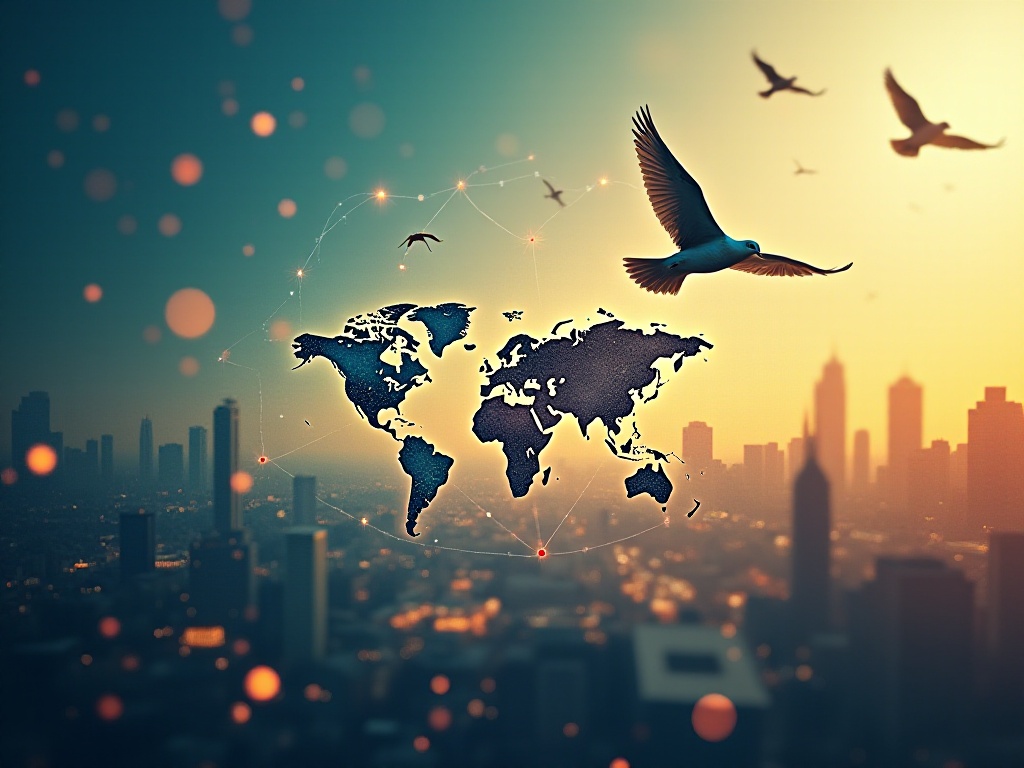In the wake of a global pandemic that brought international travel to a screeching halt, the world is cautiously emerging from its cocoon. The once-familiar landscape of passport stamps, boarding passes, and exotic destinations has been irrevocably altered, with vaccination requirements now standing as the new gatekeepers of global mobility.

As nations grapple with the delicate balance between public health and economic recovery, a complex tapestry of reopening strategies has emerged. From the sun-soaked beaches of the Caribbean to the bustling metropolises of Europe, countries are adopting varied approaches to welcome back international visitors. Some nations have flung their doors wide open, while others maintain a more measured stance, implementing phased reopening plans that carefully calibrate the influx of tourists.
The tourism industry, once a robust pillar of many economies, is now navigating uncharted waters. Hotels are reimagining their services, airlines are adapting their protocols, and tour operators are crafting experiences that cater to a new breed of pandemic-conscious travelers. The economic implications of these shifts are profound, with countries heavily reliant on tourism revenue facing tough decisions as they weigh the benefits of reopening against potential health risks.
At the heart of this new travel paradigm lies the vaccine – a medical marvel that has become the passport to international adventures. The global community has rallied around a handful of widely accepted vaccines, each offering a ticket to cross borders that were once firmly closed. But the journey doesn't end with the jab; proving one's vaccination status has spawned a new industry of its own. From paper cards to sophisticated digital passports, travelers now carry their medical history alongside their travel documents.

Yet, as with any global shift, challenges abound. The stark reality of vaccine inequity has created a divide between nations, with some countries forging ahead while others struggle to inoculate their populations. The specter of new variants looms large, threatening to upend carefully laid plans and forcing governments to remain vigilant and adaptable.
Looking to the future, the travel landscape is set for continued evolution. Policies are being reimagined for the long haul, with flexibility and adaptability at their core. Technology is stepping up to the plate, offering innovations that promise safer, smoother journeys. From contactless check-ins to real-time health monitoring, the future of travel is being shaped by the lessons learned during the pandemic.
As the world embarks on this new era of international travel, one thing remains clear: staying informed is more crucial than ever. Travelers must navigate a complex web of requirements, restrictions, and rapidly changing policies. The ability to adapt quickly to new norms will be the hallmark of the savvy global traveler.
In conclusion, while the face of international travel has been forever changed, the human spirit of wanderlust remains undiminished. As vaccines continue to roll out and borders cautiously reopen, the world is slowly but surely reconnecting. The journey ahead may be different, but the destinations – and the experiences they offer – are as enticing as ever. Welcome to the new age of global travel, where your vaccination card is just as important as your passport.





